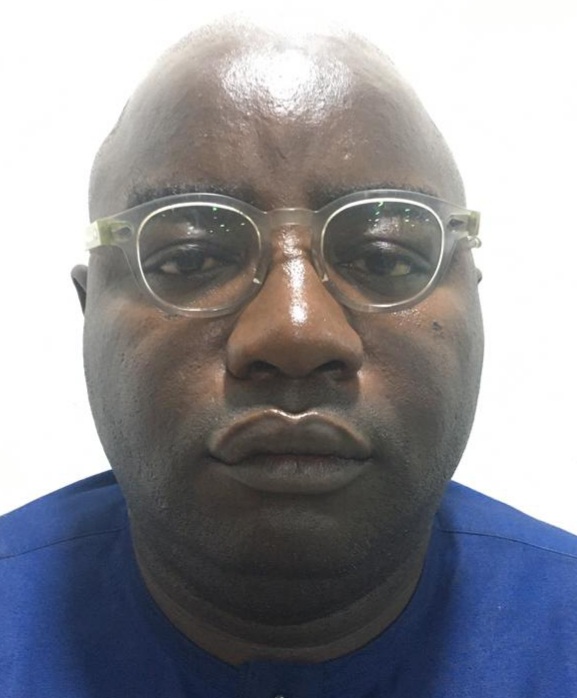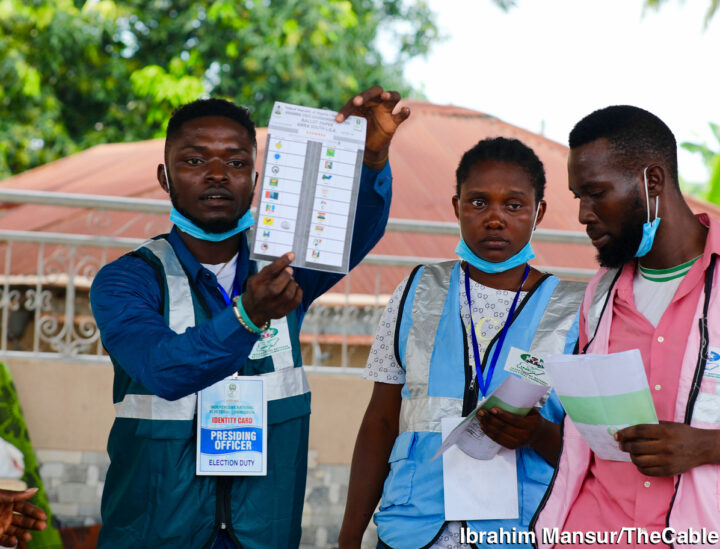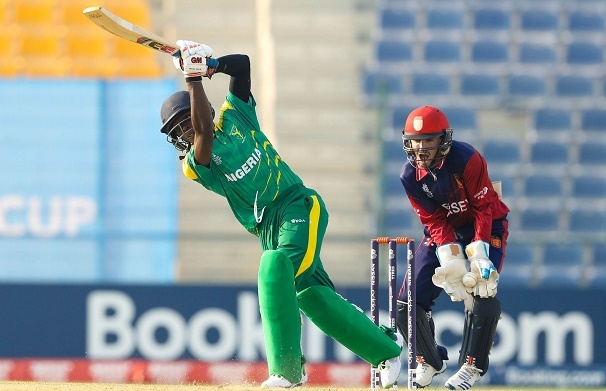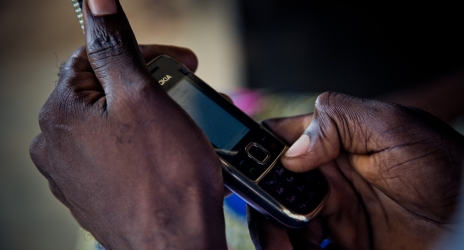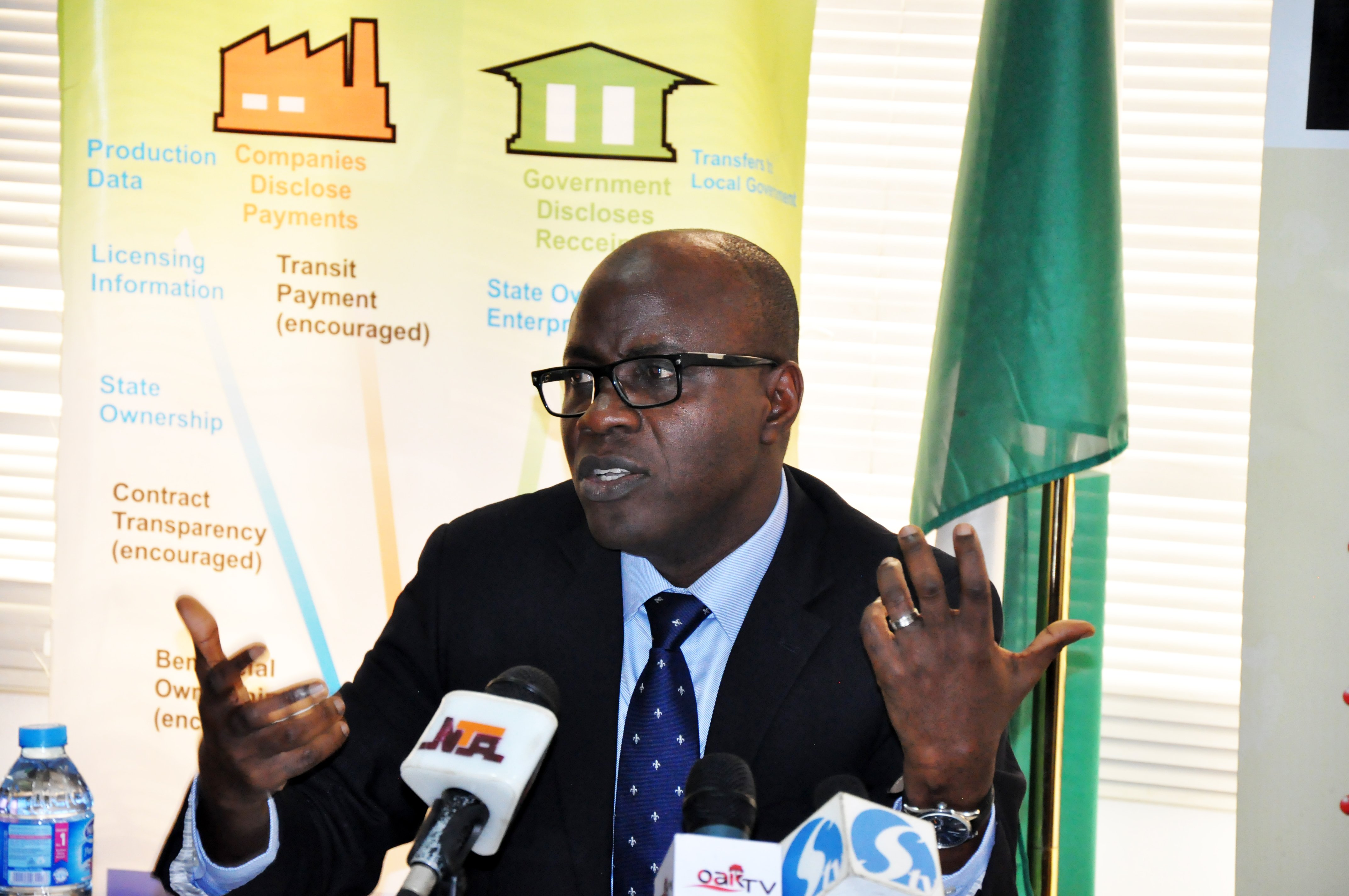The 2021 financial window is fast winding down. It has been a calendar of mixed fortunes on the back of a post COVID-19 pandemic and an economic crunch that hit the top and bottom end of the pyramid. As it stands, Nigeria’s middle class is fast eroding with the craze for migration abroad to seek greener pastures in the front burner. The 2022 Budget appropriation will be the last full year budget to be implemented by the President Muhammadu Buhari-led All Progressives Congress (APC) administration. It’s a window that Africa’s most populous nation must get right in economic and political terms. These Siamese twins work hand in hand and it’s imperative to get it right to make things happen. This article seeks to gaze through the crystal ball to highlight ten factors that will influence the 2022 fiscal year.
1. It’s an election season – Governance will come to a screeching halt.
As electioneering campaigns dominate the landscape from the centre to the federating units. Nineteen State Governors are about to conclude their tenure while twelve State Governors are eligible for second tenure. It’s a colossal headache, as most helmsmen don’t have any visible succession plan in place to drive the wheels of governance. Public policy affects all and sundry. It’s an albatross of sorts
If this important wheel of progress is enmeshed in a potpourri of selection drawbacks. The choices of the new crop of leaders to emerge via the internal mechanisms of democratic platforms christened political parties. It remains to be seen how the political gladiators will meander through this potential landmine of sorts as the momentum towards the 2023 continues to gather steam. Like the old mantra: “All politics is local”. The consultation(s), nocturnal visits, alignment and re-alignment has begun in earnest as political aspirants are in the trenches to bring their political ambition to fruition.
Advertisement
2. The impending Mexican standoff
Eyeball to eyeball with firearms drawn between the federal government of Nigeria and its citizenry over the impending removal of petrol subsidies – Prices of goods and services will skyrocket beyond the ceiling. The Federal Ministry of Finance led by Honourable Minister, Mrs Shamsuna Zainab Ahmed, has proven so far to be bereft of the requisite economic and fiscal engineering to take Nigeria out of this logjam and quagmire. The ripple effects will be felt far and wide with the citizenry gnashing their teeth under the excruciating economic conditions. The proposed plan to cushion the effects doesn’t look promising with a 5,000 Naira bailout plan for 40 million poor Nigerians? – The question(s) that spring up are: Will the said palliative be disbursed on a monthly, quarterly or per annum basis? Who are the poor in the political contraption christened Nigeria? At N5,000, it amounts to a drop in the ocean with 161.29 Naira only per day estimation.
3. Nigeria’s economy awaits the completion of Dangote Refinery with bated breath
Advertisement
Hands down – Aliko Dangote is the Man of the Year as the much-awaited Dangote Refinery comes on stream baring any unforeseen circumstances or project delays. Nigeria’s apex bank CBN and DMB’s will stop issuing LC’s to petroleum marketers who seek to import petroleum products into our dear Nation Nigeria. The bets are off for the largest private sector driven project that will save Africa’s most populous nation the much-needed FDI for it’s ailing economy that yearning for the giddy heights of excellence. Trust me, Nigeria’s banking czar, Dr. Godwin Emiefele will not spare the rod to ensure that all and sundry tow the line of patronising the refinery nestled in the Lekki axis of Lagos State. If any business entity begs to differ then they can source for forex from alternative sources.
4. Nigeria’s next President must be a candidate who will give his sweat, blood and tears.
The books are in a bad shape and it will take a yeoman’s job to put the economy back to the giddy heights it attained after the return to democratic rule in 1999. The All Progressives Congress, ruling party and the main opposition party, the Peoples Democratic Party (PDP) must wear the sleeves and shop for candidates with a thinking cap to move Nigeria forward amidst the myriad challenges bedevilling various sectors of the economy.
5. FGN can’t fund the education and health sectors
Advertisement
The proposed Revenue and Expenditure budgets for the 2022 fiscal year are ₦10.13 trillion and ₦16.39 trillion, respectively, resulting in ₦6.26 trillion fiscal deficit. The appropriation for the key sectors of education amount to N1.29 trillion (7.9%); and health N820 billion (5%) respectively. The inventory of universities and teaching hospitals that populate the landscape in Nigeria are yearning for more funding. The elephant in the room question that’s now a recurring decimal is that where will the funding come from? Affordable education and health is such a far cry, as these key services cost an arm and a leg. It’s a lacuna created by the inefficiencies of the public education and health institutions that has created a huge avenue for private driven health and education entities to thrive in the land. Nigeria’s public health and education sector managers must be innovative, creative with break the box initiatives, break and stretch the boundaries to achieve a near utopian status for the huge population that abounds in Nigeria. The naysayers and fifth columnists might beg to disagree that reverse is the case, but most private sector education and health institutions are serviced by public sector practitioners. It’s now like a death sentence of sorts to patronize public education and health windows that were once the envy of all and sundry in the years gone by. Think University of Ibadan, UCH, Ahmadu Bello University, ABUTH, University of Nigeria, et all of yore. They could hold their own against the best in the world, but alas these institutions have gone to the dogs (No pun intended).
6. The proposed 15 trn Naira InfraCo entity is set to hit the road running
Nigeria’s President Muhammadu Buhari cleared the way for the launch of an infrastructure company with initial seed capital of a trillion naira ($2.4 billion) as Africa’s largest oil producer attempts to steer itself out of a likely economic contraction.
The company, christened Infraco, which is being set up in partnership with the private sector, is expected to grow its capital and assets to 15 trillion naira over time to fund public projects like roads, rails and power that are craving for amelioration from the colonial relic state bequeathed a long while ago. The government of Africa’s most populous country is seeking to expand investments to stimulate recovery in an economy facing its second recession in four years. Nigeria requires at least $3 trillion over 30 years to close its infrastructure deficit, Moody’s Investors Service said in a November report.
Advertisement
The start-up funding will come from the Central Bank of Nigeria, the Nigerian Sovereign Investment Authority, and the Africa Finance Corporation. Vice President-Yemi Osinbajo will head a committee charged with getting the company started, while CBN Governor Godwin Emefiele will chair InfraCo. The managing director of the NSIA, the president of the AFC, representatives of the Nigerian Governors Forum, and the ministry of finance will also help form the board, along with three independent directors from the private sector. Let’s hope that these gladiators don’t muddle up this epic milestone that’s meant to elevate Nigeria’s economy to an enviable status. The old mantra: “Too many cooks spoil the broth” comes to the mind readily for this scenario.
7. Fintech rules the roost
Advertisement
The banking industry in Nigeria remains an attractive sector, with over $9 billion in value pools, but despite high levels of competition, the vast majority of consumers are underserved. Lack of access to services, especially in rural areas, issues of affordability, and poor user experience all contribute to the frustration consumers experience right across the customer spectrum.
This has created an opening that fintechs entities have been quick to take advantage of, with many stepping up to develop enhanced propositions across the economic value chain to address pain points in affordable payments, quick loans, and flexible savings and investments, among others
Advertisement
A youthful population bursting to the seams, increasing smartphone and data penetration, and a focused regulatory drive to increase financial inclusion and cashless payments, are combining to create the perfect recipe for a thriving fintech sector. However, the sector is still relatively young. As Africa’s largest economy and with a population of 200 million—40 percent of which is financially excluded—Nigeria offers significant opportunities for fintechs across the consumer spectrum, notably within the small and medium-sized enterprise (SME) and affluent segments and, increasingly, in the mass-market segment.
Digitally savvy, middle-aged and young affluent individuals face poor user experience on products and find the value-add from using financial products underwhelming. Currently there are three unicorns with a market valuation of over 1 billion US Dollars each in Nigeria’s fintech industry. That’s a huge boost in comparison to tech savvy economies like South Africa, Kenya and Egypt.
Advertisement
8. The ruling party, APC and the main opposition party, PDP have no choice other than electing a viable candidate to rescue the political contraption christened Nigeria. They would be pressed to the wall to deliver a candidate that appeals to the electorate to rescue the nation from the precipice.
9. The chase for much cherished forex will hit the high heavens, as politicians mop cash for their campaign drive across the nation. It’s a battle for the gauntlet between politicians, businessmen, medical tourism, foreign education and supply chain demands.
10. The first FIFA World Cup to hold in Christmas at Qatar will come alive.
Will Nigeria grace the Holy Grail of soccer in the first extravaganza to be hosted in the Middle East? Time will tell as the current managerial imbroglio that has pitched the football federation, NFF and German gaffer, Gernot Rohr continues to fester. If Nigeria’s Super Eagles must be counted in the league of the world’s best, it must put its house in order to reach the zenith.
Let’s SHIFT…
Think SHIFT…
Ajanaku is a policy development and communications specialist based in Lagos
Views expressed by contributors are strictly personal and not of TheCable.
